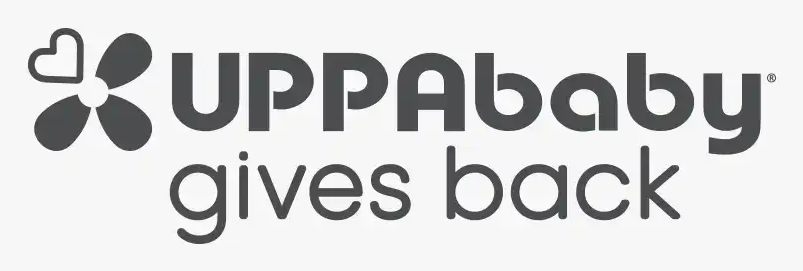Our Community
UPPAbaby Gives Back®
UPPAbaby Gives Back®

UPPAbaby is committed to giving back to families in need and providing safe transport for children. We created the UPPAbaby Gives Back program to create partnerships and support worthy causes and non-profit organizations that share our mission and core company ethos of providing funds, services, and essential items to families in need.
To date, UPPAbaby has donated more than $2 million worth of strollers, car seats, and accessories through a variety of charitable partnerships and initiatives including; product donations, monetary donations, and volunteerism.
Over the years, UPPAbaby Gives Back has worked with charitable partnerships all over the nation like the TODAY Holiday Toy Drive, Baby Buggy, Safe Kids, Blue Hill Bank Foundation, Good+ Foundation, and Room to Grow.
Do you align with our mission? If so, please visit our Charitable and Sponsorship Inquiries page to submit a form and we will contact you if there is a collaboration opportunity available!
“We created the UPPAbaby Gives Back program to partner with companies and organizations that share the same mission of providing funds, services and essential products for families and caretakers in need. We are more than happy to donate necessary items that will help provide safe transportation for children.”
— Bob Monahan, co-founder of UPPAbaby.
We Put Family and Community at the Heart of Everything We do.
At UPPAbaby, we’re committed to investing in several CSR initiatives that create positive social change for families and communities and reduce our environmental impact. We aim to humanize, bring to life, and amplify our CSR program’s mission which is grounded on our brand pillars of understanding parenthood, child development, and family wellness.
We strive to empower the lives of our employees, as well as the lives of our customers. We strongly believe a diverse, inclusive work environment promotes creative problem-solving and encourages innovative solutions. Our commitment to being an inclusive workplace is evident in our operations here in Massachusetts, and around the world. We hold ourselves accountable for ethical, sustainable, and safe business practices and we act with integrity, honesty, and respect for others.
The work environment at UPPAbaby continually evolves to maximize the employee experience and drive high performance. Our culture of well-being motivates employees to work safely and productively. We have several methods to engage employees, collect input, and improve our performance. We believe it’s our responsibility to help make the world a better place.

